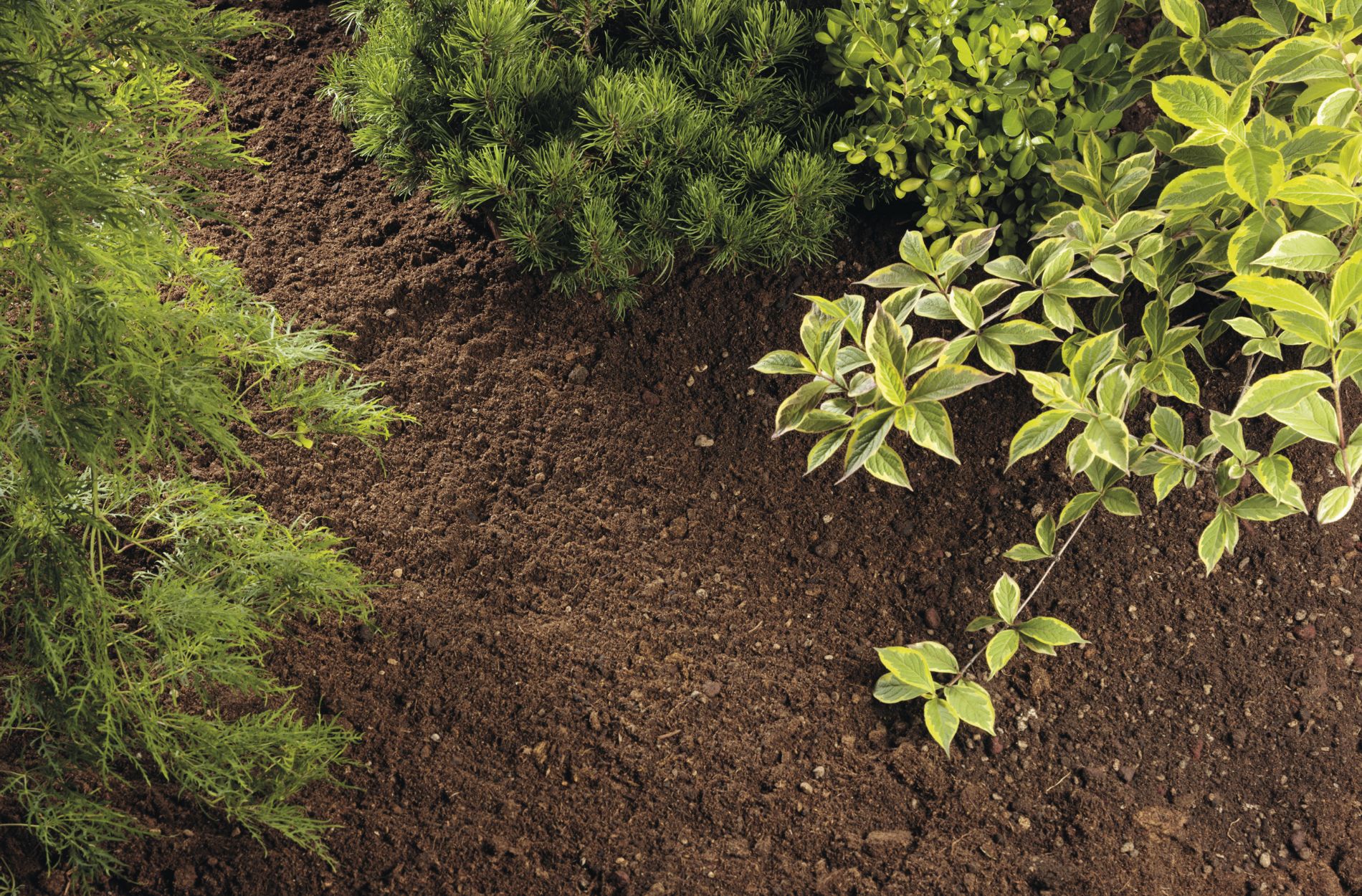Landscaping and gardening require a keen understanding of the soil to ensure that plants remain healthy and vibrant. Soil conditioners can improve the structure, drainage, and fertility in your landscape, but choosing the right one is crucial for success. This ultimate guide will cover the factors you must consider to select the most suitable soil conditioner for your gardening or landscaping project in Kenner, Louisiana.
The type of soil you have can significantly impact the effectiveness of a soil conditioner. Although Kenner’s soil composition typically consists of silt and clay, it’s crucial to have your soil tested for an accurate assessment of nutrients and other qualities. We’ll discuss this in more detail, helping you determine the soil type and what it requires. Keep in mind that different types of soil have varying abilities to retain moisture and nutrients, and the ideal conditioner could rectify their deficiencies.
Follow our comprehensive guide for choosing the right soil conditioners for your landscape project, and watch your garden thrive like never before. For expert advice on all of your landscaping and gardening needs, reach out to Reliable Soil Co. Inc. Let us help you select the perfect soil conditioners specific to your project requirements.
Assessing Your Soil Type
Before diving into the world of soil conditioners, it’s crucial to understand the foundation of your landscape – your soil type. To accurately assess your soil, take samples from multiple areas of your garden or landscape and send them to a soil testing lab. The results will inform you of the soil’s texture, nutrient levels, and pH balance, which are all vital factors to consider when choosing appropriate soil conditioners.
Once you have the soil test results, you can identify whether you have sandy, silty, clay, or loamy soil.
1. Sandy Soil: This soil type drains rapidly and has trouble retaining moisture and nutrients. Soil conditioners such as organic compost or peat moss can add organic matter to increase water and nutrient-holding capacity.
2. Silty Soil: Silty soil is smooth and holds moisture but may lack fertility. Adding compost or well-rotted manure can help improve the structure and aeration and boost nutrient levels.
3. Clay Soil: Clay soil has poor drainage and aeration, making it challenging for roots to grow. Soil conditioners like compost, aged bark, or gypsum can help break up the soil and improve drainage.
4. Loamy Soil: Loamy soil is the ideal mix of sand, silt, and clay, holding moisture and nutrients well. Regular applications of organic matter such as compost can help maintain good soil structure and nutrient levels.
Understanding Plant Requirements in Kenner, LA
The next step in choosing the right soil conditioner is understanding the unique requirements of plants that thrive in Kenner, Louisiana. Local landscaping experts often recommend native plants, as they have adapted to the region’s climate and soil conditions. Additionally, native plants typically require less maintenance and attract local wildlife, which promotes a healthy ecosystem within your garden.
Some popular native plants suitable for the area include the Louisiana iris, tulip poplar, southern magnolia, and American beautyberry. Research the specific soil pH and nutrient requirements of these and other plants you plan to include in your landscape.
Balancing Soil pH for Healthy Plant Growth
A fundamental factor in achieving healthy plant growth within your landscape is the soil’s pH level. Most plants prefer a slightly acidic to neutral pH range of 6.0 to 7.0, while others have specific requirements. For example, blueberries and azaleas require more acidic soil, with a pH between 4.0 and 5.5. Knowing the ideal pH levels for your plants is crucial as it affects their ability to absorb essential nutrients.
Soil conditioners can assist in altering pH levels. To raise the pH (make the soil more alkaline), you can add organic matter like compost or ground limestone. To lower pH (make the soil more acidic), apply elemental sulfur or aluminum sulfate. Always follow the testing lab’s recommendations for adjusting your soil’s pH based on your test results.
Exploring Soil Conditioner Options
Now that you’re familiar with your soil type and plant requirements, it’s time to explore various types of soil conditioners suited for your landscape.
1. Organic Compost: Rich in nutrients, compost improves soil structure, aeration, and water retention. Well-composted organic matter is widely applicable and serves as the go-to option for most gardeners.
2. Peat Moss: Peat moss is fantastic at retaining water and nutrients, making it an excellent choice for sandy soil. It also helps acidify the soil, making it suitable for plants that prefer lower pH levels.
3. Perlite: Perlite improves drainage, prevents soil compaction, and enhances aeration by creating spaces for air and water. Ideal for heavy, clay soil, perlite can be mixed into the soil or used as a potting mix.
4. Vermiculite: Vermiculite is an excellent soil conditioner that assists in moisture retention and promotes aeration in the soil. It’s particularly useful in container gardening or raised beds where maintaining a proper balance of air and water is crucial.
Selecting the Right Soil Conditioner for Your Landscape
Choosing the right soil conditioner is essential for a thriving landscape, and this guide has provided you with the necessary tools to make that choice. Remember first to test and understand your soil type, focus on your plants’ specific requirements, determine the appropriate pH balance, and explore soil conditioner options that cater to your landscape’s needs.
When in doubt, consult with Reliable Soil Co. Inc. We’re here to guide you in all aspects of landscaping – from garden soil conditioner selection to providing expert advice on maintaining a flourishing garden or landscape tailored to your requirements. Contact us today for assistance with your next landscaping project.

